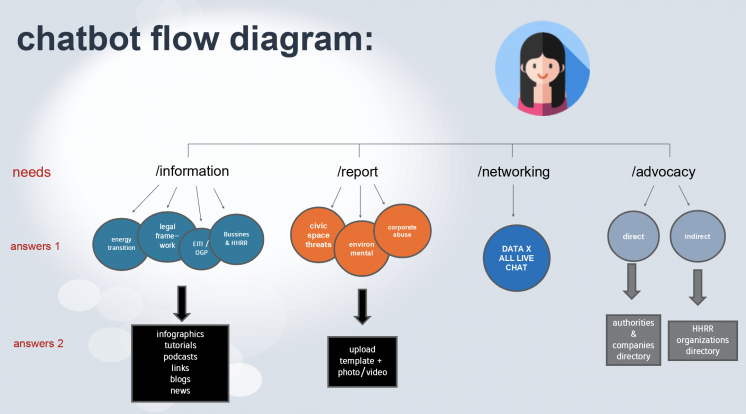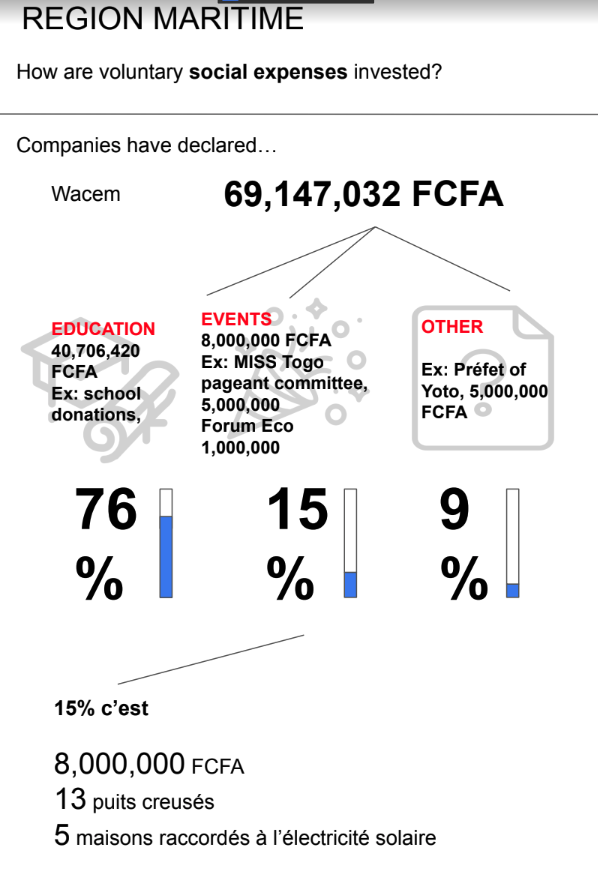
Datathon: Innovative solutions for a data-driven energy transition
The EITI datathon gathered data experts to spur innovation around the use of public data to support energy transition planning.
Background
Data reported through the EITI can be a valuable resource for analysts and policymakers in resource-rich countries who are seeking solutions to tackle the energy transition. However, the potential of this data remains largely untapped.
That is why the EITI hosted a datathon in partnership with the Open Knowledge Foundation (OKF) and Thibi, to encourage the development of innovative solutions and tools that use EITI data to support energy transition planning. The winning prototype, PREDICT, combines various datasets to estimate future extractive revenues under different commodity price scenarios.
We should make extractives data more accessible and understandable to more stakeholders. This means designing tools that are user-friendly, straightforward, and presentable.
The datathon
The datathon, held in September 2022, was structured as a design challenge. Each participant was given a dataset and was tasked with proposing a solution to a given scenario.
-
Scenario 1: Helping officials decide how to invest government revenues to support long-term development plans in the context of the energy transition.
-
Scenario 2: Helping empower citizens to give their voice in the debate around energy transition.
-
Scenario 3: Helping improve how local populations engage with social spending data to ensure sustainable investments in their communities.
-
Scenario 4: Supporting government officials to understand company disclosures in a context of volatility and uncertainty.
Out of fourteen teams that applied, four were selected as finalists and submitted prototypes. The final prototypes were assessed by a team of judges from the EITI, the Open Knowledge Foundation (OKF), Thibi and the Natural Resource Governance Institute (NRGI).
The finalists
PREDICT tool
The winning tool, “PREDICT”, developed by Marco Zaplan of the Philippines, enables governments to visualise estimates of future revenues from the extractive sector to help inform economic planning under different commodity price scenarios.
The prototype includes an interactive dashboard that illustrates how fluctuations in future revenues from extractive projects may affect government budgets and spending for essential services, such as education and health.
Carbon pricing tool
The carbon pricing tool, developed by Open Data Services, calculates how much revenue could be generated from carbon emissions and visualises how these revenues could impact public spending on health, tourism or defense.
Open Data Services works on a broad range of open data projects to help people solve the complex political, technical and coordination problems, from policy and regulation through to the development of open data standards, data publication and data use.
Data X All tool
The “Data X All” tool, developed by PODER, uses an interactive chatbot to make information on extractives operations more accessible and provide a platform for public networking and engagement on natural resource management.
The chatbot enables users to flag irregularities in extractive projects and was designed to address four main categories: information, reporting, networking and advocacy needs. Each of the categories offers a set of learning materials such as tutorials, infographics, podcasts, legal documents and blogs.
PODER (Project on Organization, Development, Education and Research) is a regional, non-profit civil society organisation seeking to promote corporate transparency and accountability in Latin America from a human rights perspective.

ACOMB, Togo
An interactive infographic, developed by ACOMB (Togo), aims to present data from EITI Reports in a way that is easy to understand, and proposes a format for gathering information on how government funds are used.
The tool consists of extracting and inputting data on specific mining projects into databases, which will then generate simple and clear diagrams that are easy for the public to understand.

Acknowledgments
Many thanks to all the teams that participated and to our partners the Open Knowledge Foundation (OKF), Thibi, NRGI and Carbon Tracker. Funding for the datathon was made possible by USAID.
